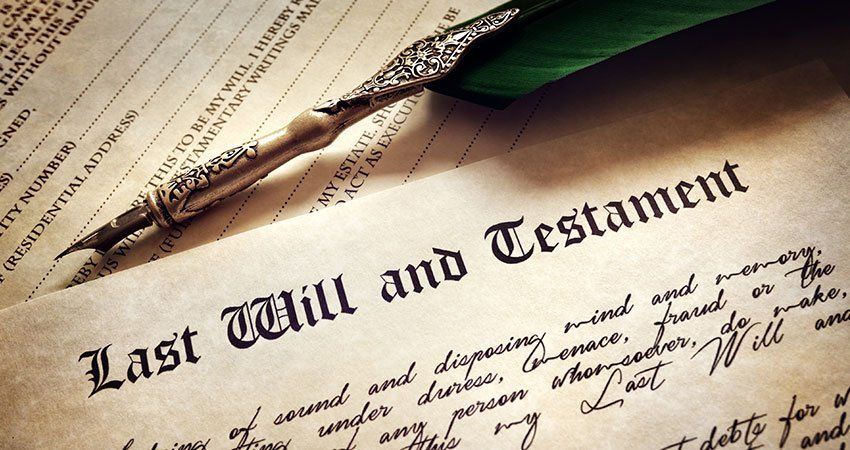Services
Law Firm Wills
Individuals of all ages need an estate plan in order to address their financial and health care decisions. Estate planning is important for young and older adults. It is imperative for parents to plan for the children they love in case the unthinkable occurs.
You may be pleasantly surprised to learn that wills are not about the deceased. Instead, they are actually about solving common problems that family members encounter once a loved one passes. While many people think a will is something for the elderly, it is important that all adults with money, physical property, or children have an up-to-date will. When a loved one passes away, their physical possessions and property are distributed to family members. The distribution of property is either determined by a document called a will or, if there is not a will in place, by the laws of the state of Texas. When the proper will is in place, you get to decide who gets what property or what amount of money, and you can stipulate the conditions that must be met for them to receive it. For example, you could state that your child must pass the 12th grade with straight A’s to be able to receive your car. More often than not, spouses will leave their property (estate) to their living spouse in the event of their death.
If a proper will is not in place at the time of your passing, you have no say as to who gets what property. For example, this could mean that your son, whom you have not spoken with for 10 years due to substance abuse or other problems, could potentially get your property when you pass away. Another concern that some people often overlook is when they are separated but not yet divorced. If a member of that couple were to pass during separation prior to divorce, based upon the laws of your local area, your estranged husband or wife could get your property. If a will was in place, however, you could easily prevent this from happening by determining and specifically stating the name of the person to receive your property.
What Is a Valid Texas Will?
There are certain requirements in the state of Texas for the creation of a valid will. The person whose property is to be divided by use of the will, also known as the testator, has to have legal and testamentary capacity. Testamentary capacity means that the person has the mental ability to understand what they are doing when creating a will and they can comprehend the effect that the will could have on the property they own. Legal capacity in the state of Texas means that the individual is at least 18 years of age or is a member of the United States Armed Forces. In the alternative, they must, at the very least, have been lawfully married.
The final, and often easiest, requirement for the creation of a valid will is that the person creating the will has testamentary intent at the time of creation. This means that when drafting and signing the will, the testator wishes to have his property distributed in the manner they specified in the will.
As long as the above requirements have been met in the state of Texas, a valid will can be formed. There are, however, certain processes that must be in place at the time of the creation of the will. There are two different types of approved wills within the state of Texas. The first is an attested will, which is signed by the testator or someone who has been approved to sign the will in their absence. The document must be signed and witnessed by at least two people, both of which must be over the age of 14.
The second type of will allowed in the state of Texas is called a holographic will. A holographic will is usually the type of will that you see in movies or read about in books. This is the will that is written using the handwriting of the testator and signed by them. Sometimes you hear about these holographic wills on book covers or normal printer paper. Unfortunately, these are the types of wills that are usually created when a person is aware of their imminent death.
Estate Planning in Dallas and Frisco
At the law firm of Kamilah Henderson, we strive to help you understand the types of estate planning documents that will most benefit you and your loved ones upon your passing. The estate planning process, although sometimes difficult to face, is an important step in planning for you and your family’s financial future. Contact us today either by filling out our quick contact form on this website or by calling our law firm to speak with Dallas Estate Planning Attorney Kamilah Henderson to discuss the needs of you and your family.
The Kamilah Henderson Law Firm specializes in designing individualized financial and incapacity planning to secure your families’ financial future after your death.



